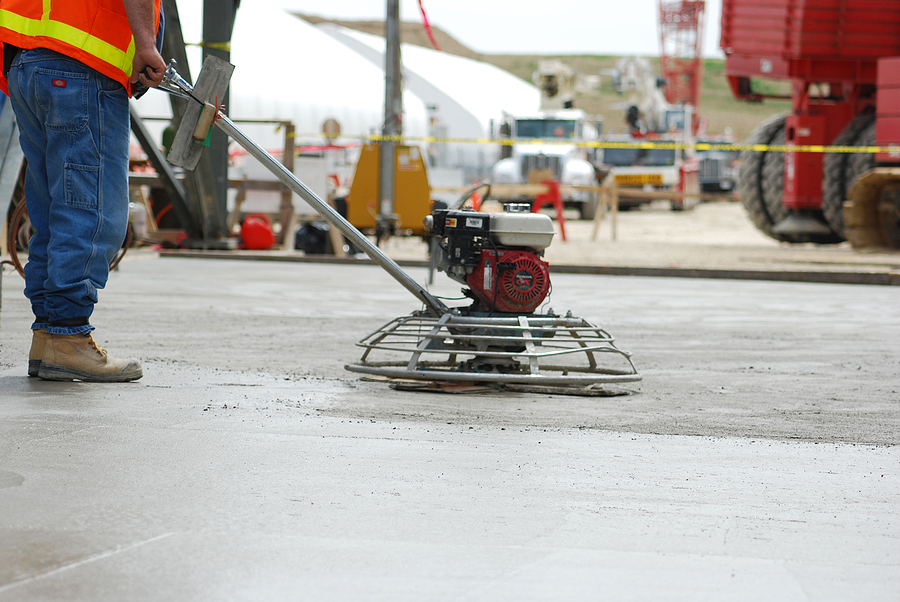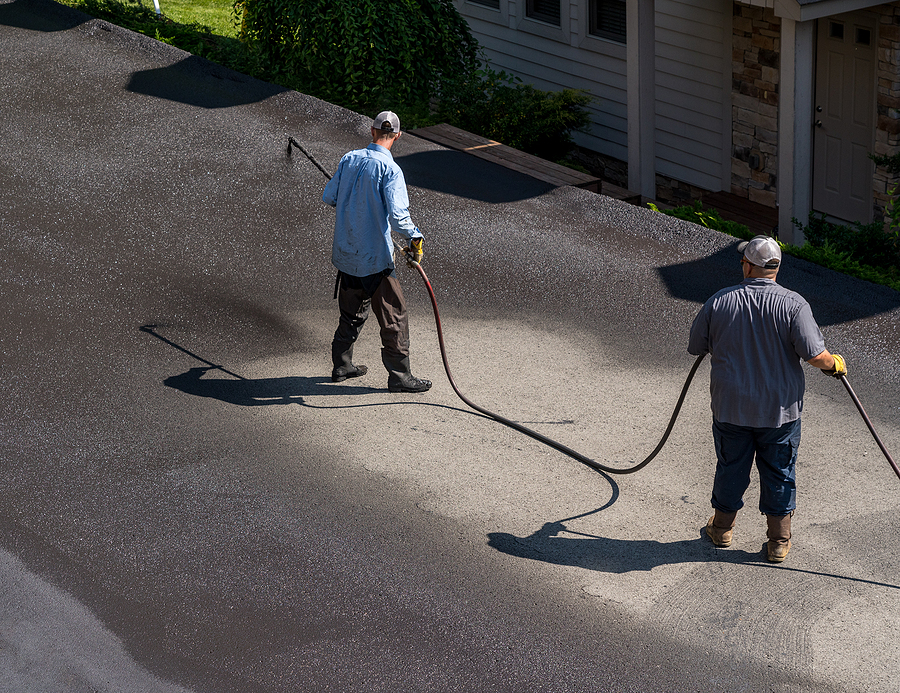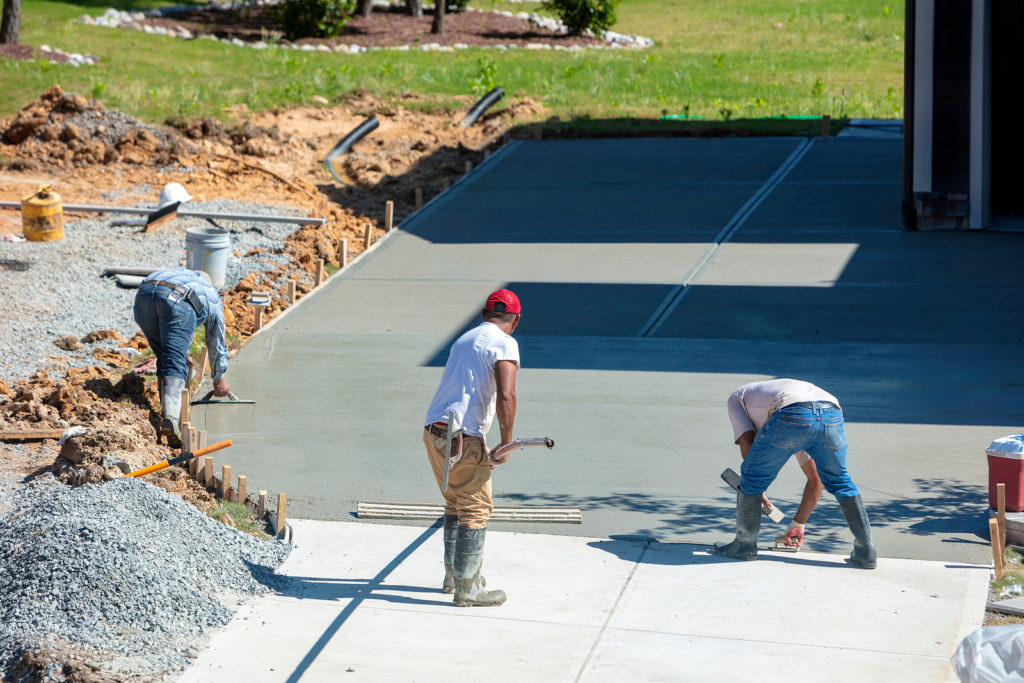Concrete is the lifeblood of commercial buildings, providing a solid foundation and structural integrity. As a building or facility owner, you understand the critical importance of maintaining your property, not only for its continued operation but also for the safety and comfort of those who use it. The long-term effects of deteriorating concrete can be costly, which is why regular inspections and repairs are essential for commercial real estate. In this comprehensive guide, we dive into the common issues faced, the benefits of proactive repair, and how to select the best repair company for your needs.

Common Types of Concrete Damage
Over time, concrete surfaces endure significant wear and tear, leading to a range of structural issues. Here, we explore the most common problems that demand attention:
Cracks and Fractures: Cracking can arise from thermal expansion, subgrade settlement, or overloading. While small cracks may seem like merely cosmetic issues, they can escalate to severe structural damage.
Spalling and Scaling: Exposure to freeze-thaw cycles and chemical deicers can cause the surface layer of concrete to flake away, leading to spalling and scaling.
Settling and Sinking: Poor soil conditions or improper compaction can lead to settling or sinking of concrete slabs, creating uneven surfaces and potential tripping hazards.
Benefits of Commercial Concrete Repair
Repairing concrete isn’t just about fixing what’s broken; it’s about preemptively guarding your investment against future issues. Here are some of the top benefits of good concrete care:
Enhanced Safety and Reduced Liability: Neglecting damaged concrete can be a major safety hazard. Proactive repair mitigates risk and protects you from liability concerns.
Improved Aesthetics and Curb Appeal: First impressions count, and the exterior of your commercial property sets the tone for potential clients or renters.
Extended Lifespan of the Structure: Routine maintenance prolongs the lifespan of your concrete constructions, ensuring they continue to support your business operations for years to come.
Types of Commercial Concrete Repair
There are several proven methods available to effectively address diverse concrete damages. These methods include patching, resurfacing, and crack repair. Patching involves filling in small holes and superficial cracks, while resurfacing is a more extensive process that involves applying a new layer of concrete to restore the surface. In cases of larger cracks or structural damage, crack repair techniques such as epoxy injection or carbon fiber reinforcement can be employed to strengthen and restore the integrity of the concrete. By utilizing these various methods, concrete damages can be addressed comprehensively, ensuring the longevity and durability of the structure.
Crack Repair and Sealing: Specialized sealants and resins can mend cracks, forestalling water ingress and further deterioration.
Concrete Resurfacing and Overlays: This approach involves applying a new layer over existing concrete to revitalize its appearance and function.
Slab Lifting and Leveling: Techniques like slab jacking or mud jacking can correct sinking or settling slabs without the need for complete replacement.
Choosing the Right Concrete Repair Company
Ensuring professional and durable concrete repair depends on whom you entrust with the job. Consider these factors:
Experience and Expertise: Look for companies with a proven track record in commercial concrete repair, indicating their capability to handle a range of issues.
Quality of Materials and Techniques: High-quality materials and modern repair techniques are vital for effective and long-lasting repairs.
Customer Reviews and Testimonials: Previous customer experiences can provide insight into a company’s reliability and quality of service.
Final Thoughts
Ignoring the integrity of your commercial concrete can have dire financial and safety consequences. Maintaining a proactive repair and maintenance plan is a smart business practice that preserves the value and appearance of your property. If you’re noticing signs of wear or damage, the time to act is now. Consult with a reputable commercial concrete repair company to analyze your needs and get ahead of potential problems.
Has your property’s concrete seen better days? Contact ACI Asphalt and Concrete at 317-549-1833 for licensed, bonded, and insured commercial concrete repair and crack filling services in Indianapolis, Indiana. We also specialize in winter cold patching and pothole repair.
Related Posts:
Unlocking the Durability and Versatility of Commercial Concrete
Concrete Versus Asphalt: Which is Better for Paving?
4 Common Mistakes People Make When Pouring a Concrete Slab



